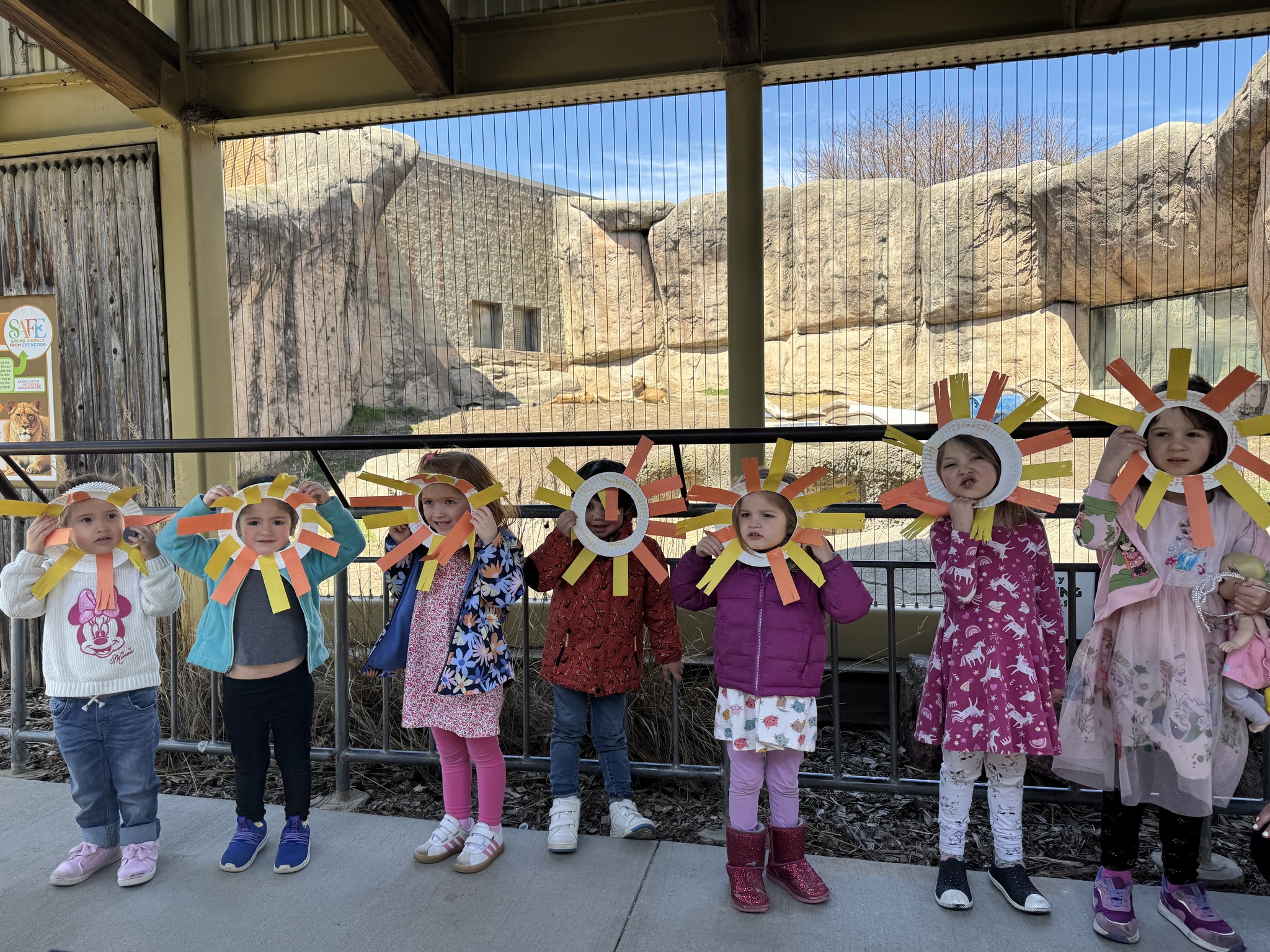- Importance of Early Childhood Education Programs
- Role of Zoos in Wildlife Education and Conservation
- Overview of Racine Zoo’s Lil’ Explorers Program
- Benefits of Hands-On Learning with Animals
- Encouraging Conservation Mindsets in Young Children
Early childhood education programs are vital for setting the foundation for lifelong learning and development. These programs, particularly those integrated with zoological settings, offer an engaging and immersive experience that combines education, play, and nature. The Racine Zoo’s Lil’ Explorers program exemplifies this enriching approach, opening its doors to children aged 2-5 along with their caregivers. This initiative offers an opportunity to learn about resident animals in an organized and safe setting and serves as a model for how zoological institutions can play a crucial role in childhood education.
Zoos have long been central to wildlife education and conservation efforts. They provide an authentic environment for experiential learning, where children and adults alike can connect with nature beyond books and screens. By interacting with animals and learning about their habitats and behaviors, zoo visitors develop a deeper understanding of biodiversity and the importance of preserving it. This approach is pivotal in cultivating compassion and stewardship for the environment, which is crucial in our rapidly changing world.
Racine Zoo’s Lil’ Explorers program is designed to bridge the gap for children who are almost ready for formal schooling. It focuses on hands-on experiences with animals, a teaching method that has shown to be highly effective in young children. Unlike traditional learning environments, the Lil’ Explorers program emphasizes interactive engagement. This format helps children develop sensory skills, motor functions, and emotional intelligence. The presence of caregivers also enhances the learning experience, as they can reinforce and expand upon the lessons learned.
Hands-on learning, especially involving animals, offers numerous benefits for cognitive and social development. It promotes curiosity and encourages children to ask questions, thereby fostering critical thinking skills. When young learners touch, observe, and mimic animals, they gain first-hand insights into the natural world that are far more impactful than passive observation. This type of education supports sensory integration, helping children process and interpret information more effectively.
In addition to cognitive benefits, engaging with animals can significantly boost emotional and social skills. Children learn empathy and responsibility by observing animal behavior and recognizing their needs. Making connections with animals fosters patience and nurturing traits, which are essential for social interaction. Programs like Lil’ Explorers create a safe space for children to express these feelings, guided by trained professionals and caregivers.
Encouraging conservation mindsets from an early age is fundamental to sustaining biodiversity. By teaching young children about the importance of preserving habitats and protecting endangered species, programs like Lil’ Explorers instill a conservation ethic that can last a lifetime. Children learn that their actions can have a direct impact on the environment, fostering a sense of responsibility and empowerment.
The Racine Zoo has created an exemplary model in the Lil’ Explorers program, showcasing how zoos can contribute to educational outcomes while promoting wildlife conservation. By participating in these programs, children and their families become advocates for the natural world, gaining knowledge and understanding that informs their daily lives. Through engaging activities and direct interaction with animals, children develop a bond with nature that is both profound and enduring.
In summary, early childhood programs that incorporate elements of wildlife and natural learning environments are crucial for comprehensive child development. They provide unique opportunities to instill lifelong values of conservation and respect for nature. The Racine Zoo’s Lil’ Explorers program stands out as a shining example, demonstrating the potential of educational initiatives that harmonize curriculum with real-world ecosystems. As more institutions adopt similar models, we can hope for a future generation that is informed, compassionate, and committed to preserving the planet’s rich biodiversity.
*****
Source Description
Do you or a loved one have a kiddo who is almost-but-not-quite-ready for school? If so, come join the Racine Zoo Lil’ Explorers! 🦁
Lil’ Explorers preschool programs provide children ages 2-5 and their caregivers with the opportunity to spend one hour at the zoo meeting and learning about our resident animals in a structured and safe environment.
Learn more or register now: https://racinezoo.org/lil-explorers-preschool


